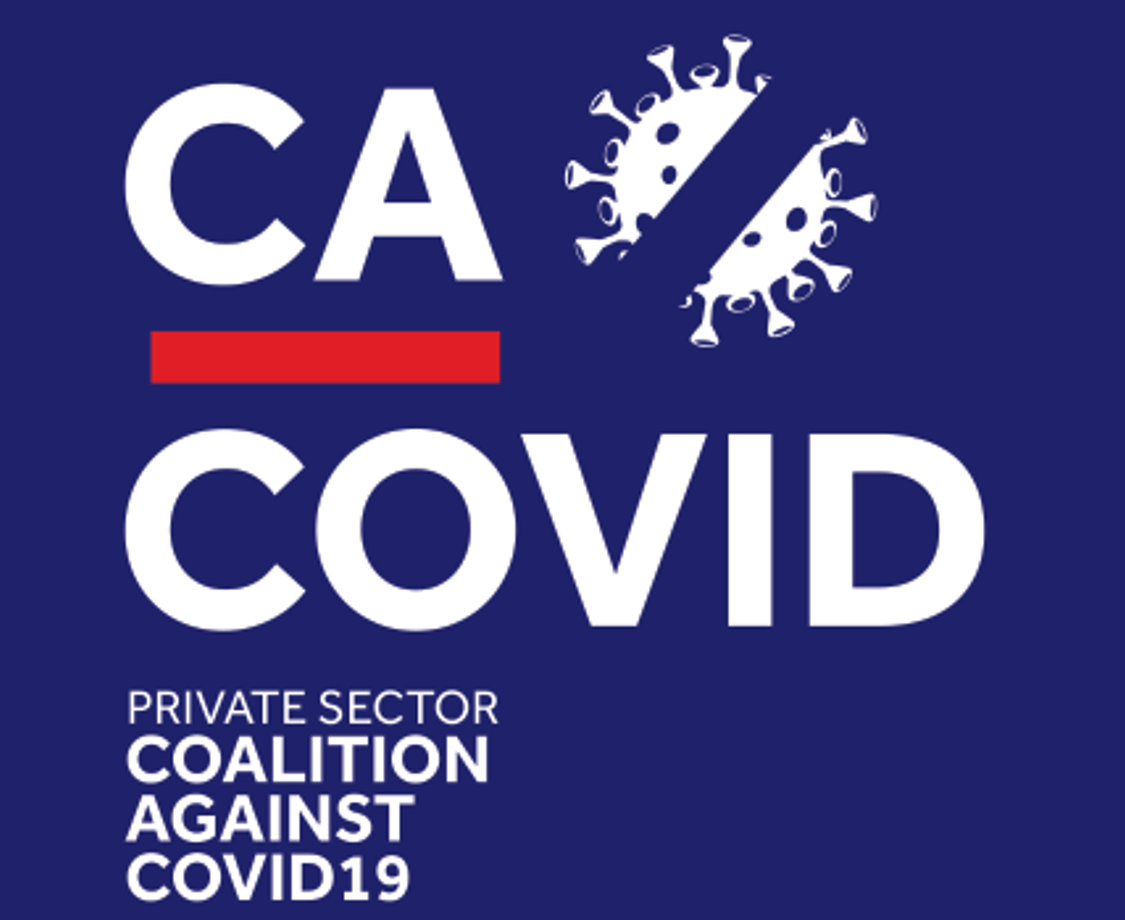The Governor of the Central Bank of Nigeria (CBN), Mr. Godwin Emefiele, yesterday, said the central bank had disbursed over N83.9 billion to pharmaceutical and healthcare practitioners in the country since the outbreak of the COVID-19 pandemic in the country.
Also, Lagos State Governor, Mr. Babajide Sanwo-Olu, has stressed the need for a slash in the cost of governance in the country, saying a lot more resources could be dedicated towards healthcare and critical infrastructure.
They both said this yesterday, at the premiere of ‘Unmasked’, a documentary on Nigeria’s response to the pandemic held in Lagos.
Emefiele, who was represented by the CBN’s Director of Corporate Communications, Osita Nwasinobi, explained: “Building a robust healthcare infrastructure was also vital from a security perspective, as some nations had imposed restrictions on the exports of vital medical drugs as well as the use of drug patents that could aid in containing the spread of the pandemic.
“As a result, we focused our interventions in the healthcare sector on three areas. Building the capacity of our healthcare institutions supporting the domestic manufacturing of drugs by businesses, and providing grants to researchers in the medical field, in order to encourage them to develop breakthrough innovations that would address health challenges faced by Nigerians.
“In this regard, we disbursed over N83.9 billion in loans to pharmaceutical companies and healthcare practitioners, which is supporting 26 pharmaceutical and 56 medical projects across the country. We were also able to mobilise key stakeholders in the Nigerian economy through the CACOVID alliance, which led to the provision of over N25 billion in relief materials to affected households, and the set-up of 39 isolation centres across the country. These measures helped to expand and strengthen the capacity of our healthcare institutions to respond to the COVID-19 pandemic.”
According to the CBN Governor, the banking sector regulator also initiated the Healthcare Sector Research and Development Intervention Grant Scheme, which was to aid research on solutions that could address diseases such as COVID-19, and other communicable/non-communicable diseases.
He said so far, five major healthcare-related research projects were being financed under the initiative.
Speaking further on the call to increase access to health insurance, Emefiele said: “One key aspect which we would have to address is improving access to healthcare for all Nigerians. A key factor that has impeded access to healthcare for Nigerians is the prevailing cost of healthcare services.
“According to a study by World Health Organisation (WHO), only four percent of Nigerians have access to health insurance. Besides food, healthcare expenses are a significant component of average Nigeria’s personal expenditure.
“Out of pocket expenses on healthcare amount to close to 76 percent of total healthcare expenditure. At such levels of health spending, individuals particularly those in rural communities may be denied access to healthcare services.
“Expanding the insurance net to capture the pool of Nigerians not covered by existing health insurance schemes, could help to reduce the high out of pocket expenses on healthcare services by Nigerians. It will also help to increase the pool of funds that could be invested in building our healthcare infrastructure and in improving the existing welfare package of our healthcare workers.”
“The private sector has a significant role to play in this regard given the decline in government revenues as occasioned by the drop in commodity prices. Leveraging innovative solutions that can provide insurance services at relatively cheap prices could significantly help to improve access to healthcare for a large proportion of Nigerians particularly those in our rural communities.”
According to Emefiele, the CBN remains committed to working with all stakeholders in improving access to finance and credit that would support the development of viable healthcare infrastructure in our country.
On his part, Sanwo-Olu said: “What are the lessons that we have learned with the Covid-19? Looking at all the things that Covid-19 has cost us, how are we preparing ourselves?
“The truth be told the structure of our governance system needs to change particularly the cost of governance. We need to speak up and ask ourselves are we ready to change.”
“When it gets to the election it is the same set of people that will come up and people don’t come out to vote and we end up having 20 percent out of 100 percent that will elect those that will govern. So, the change has to be about all of us. That is how the real change that will help us will come,” he added.



 Forex3 weeks ago
Forex3 weeks ago








 Naira2 weeks ago
Naira2 weeks ago
 Billionaire Watch2 weeks ago
Billionaire Watch2 weeks ago




 Naira2 weeks ago
Naira2 weeks ago




 Naira2 weeks ago
Naira2 weeks ago




 Naira1 week ago
Naira1 week ago








 Naira4 weeks ago
Naira4 weeks ago




 Naira3 weeks ago
Naira3 weeks ago
















